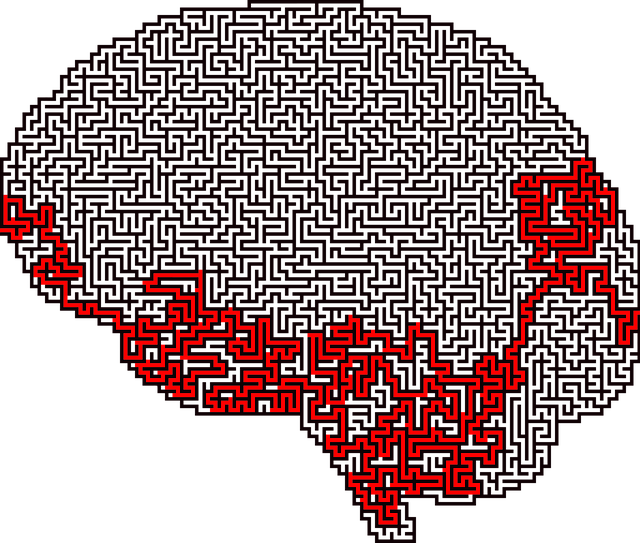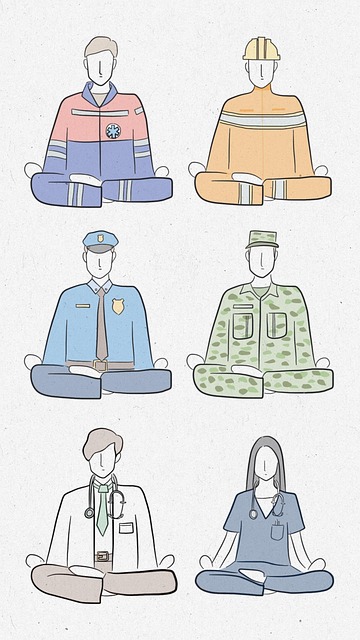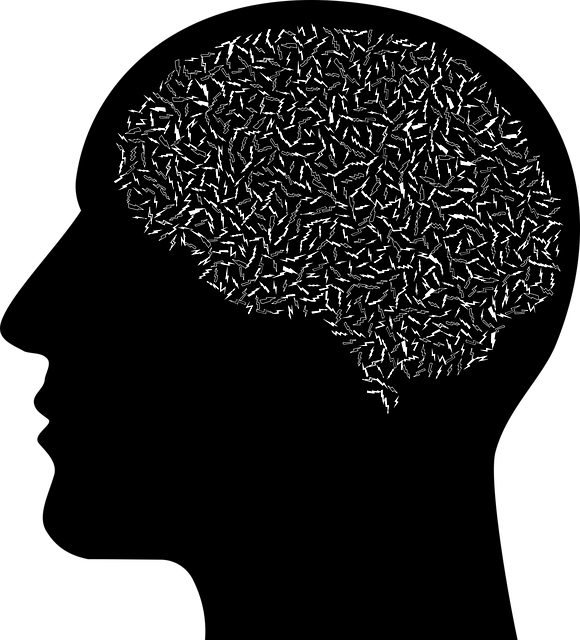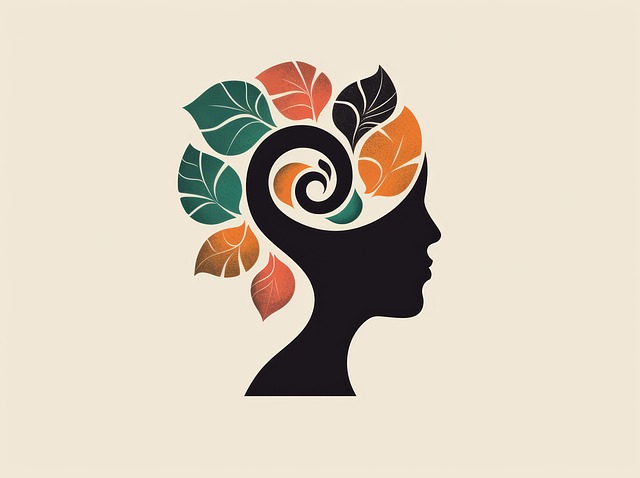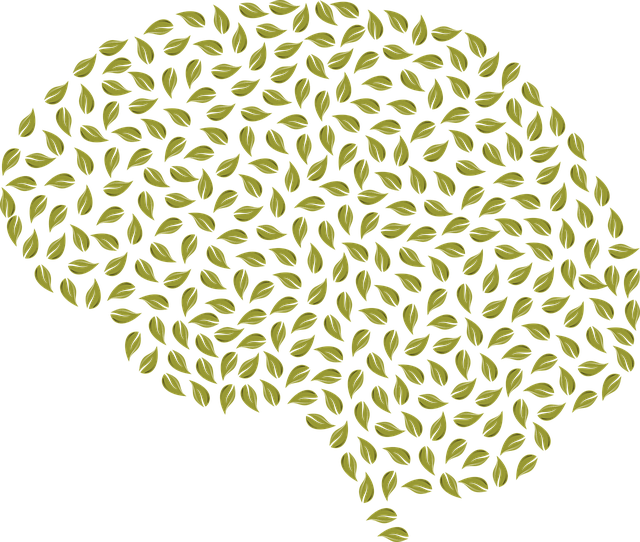Cultural competency is vital for healthcare providers in diverse societies, especially in culturally vibrant places like Boulder. Effective training, such as that offered by Boulder Anxiety Therapy, equips professionals with skills to navigate cultural contexts, improve patient-provider relationships, and enhance communication. This leads to better mental health outcomes, including anxiety relief and inner strength development. The program utilizes interactive workshops, role-plays, and peer support to foster cultural sensitivity, addressing unique needs of diverse patients. Integrated training in Mental Health Policy Analysis, Advocacy, Trauma Support, and Conflict Resolution further enhances competency. Evaluating the success through surveys, focus groups, and interviews ensures continuous improvement, with research demonstrating improved communication and patient satisfaction rates as a result of comprehensive training.
“In today’s diverse healthcare landscape, cultural competency among providers is no longer an option but a necessity. This comprehensive guide explores the critical need for training in cultural competency within healthcare. We define essential skills required to deliver culturally sensitive care, offering insights from Boulder Anxiety Therapy’s successful approach.
Through case studies and expert strategies, we navigate effective training programs, emphasizing their role in fostering inclusive practices. Additionally, we delve into measurement techniques to evaluate the profound impact of cultural competency education on patient outcomes.”
- Understanding Cultural Competency in Healthcare: The Need for Training
- Defining Cultural Competence: Essential Skills for Healthcare Providers
- Boulder Anxiety Therapy: A Case Study on Cultural Sensitivity
- Strategies for Effective Cultural Competency Training Programs
- Measuring Success: Evaluating the Impact of Cultural Competency Education
Understanding Cultural Competency in Healthcare: The Need for Training

Cultural competency is an essential aspect of healthcare that involves understanding and respecting diverse cultural backgrounds, beliefs, and values among patients. In today’s diverse society, healthcare providers must be equipped to deliver quality care to individuals from various ethnic, racial, religious, and socio-economic groups. This is where comprehensive training comes into play, especially in a bustling metropolis like Boulder, known for its vibrant tapestry of cultures.
The need for cultural competency training arises from the potential conflicts that can arise when healthcare practices are not tailored to an individual’s cultural context. For instance, a patient’s beliefs about health and illness, preferences for treatment, and communication styles may differ significantly from those of the provider. Effective training equips healthcare professionals with the skills to navigate these differences, fostering better patient-provider relationships. This can lead to improved mental health outcomes, as seen in Boulder Anxiety Therapy services, where cultural sensitivity plays a vital role in treating diverse populations suffering from anxiety, depression, and stress management issues. Moreover, conflict resolution techniques learned through such training can enhance communication, ensuring patients feel heard and respected, ultimately promoting their well-being.
Defining Cultural Competence: Essential Skills for Healthcare Providers

Cultural competence is a vital skill set for healthcare providers to master in today’s diverse and interconnected society. It involves the ability to understand, appreciate, and effectively interact with individuals from various cultural backgrounds, ensuring equitable access to quality care. This concept extends beyond basic cross-cultural awareness; it equips professionals with the tools to navigate complex interactions, bridge communication gaps, and address unique challenges presented by diverse patient populations.
For healthcare providers in Boulder Anxiety Therapy or related fields, developing cultural competence is essential. It enables them to offer personalized care that considers a patient’s cultural beliefs, values, and practices. This skill set is crucial for building trust, improving patient satisfaction, and enhancing outcomes. Moreover, it helps professionals recognize and manage potential biases, ensuring a more inclusive and compassionate approach to mental health services, including anxiety relief and inner strength development. Effective cultural competency training also incorporates risk assessment techniques specific to mental health professionals, fostering a safer and more supportive environment for all clients.
Boulder Anxiety Therapy: A Case Study on Cultural Sensitivity

Boulder Anxiety Therapy is a leading example of how cultural sensitivity and competency training can transform mental health care. This innovative program focuses on helping therapists better understand and address the unique needs of diverse patient populations, specifically in the context of anxiety disorders. By emphasizing inner strength development and emotional well-being promotion techniques, Boulder Anxiety Therapy goes beyond traditional treatment methods.
The case study highlights the program’s success in fostering cultural competency among practitioners. Through interactive workshops, real-world scenario role-plays, and ongoing peer support, therapists learn to navigate complex cultural nuances and provide more effective care. This approach not only enhances patient outcomes but also ensures that mental health services are accessible, inclusive, and tailored to meet the diverse emotional needs of a broad spectrum of individuals, including those from various ethnic backgrounds, religions, and socioeconomic statuses.
Strategies for Effective Cultural Competency Training Programs

Effective cultural competency training programs for healthcare providers should incorporate diverse strategies to foster genuine understanding and connection. One key approach is Boulder Anxiety Therapy-inspired role-playing scenarios that mimic real-life interactions. By placing participants in culturally complex situations, trainers can facilitate active learning and emotional engagement. This method helps providers practice empathetic responses, navigate potential conflicts, and develop cultural sensitivity.
Additionally, integrating Mental Health Policy Analysis and Advocacy into the curriculum ensures that training goes beyond individual patient encounters. It encourages trainees to understand systemic barriers impacting diverse communities’ access to healthcare. Incorporating Trauma Support Services-focused modules is also vital for addressing intergenerational trauma and its impact on cultural identities. Moreover, teaching Conflict Resolution Techniques equips providers with essential tools for managing cross-cultural misunderstandings and promoting harmonious communication within diverse patient populations.
Measuring Success: Evaluating the Impact of Cultural Competency Education

Evaluating the success of cultural competency training is crucial for healthcare providers to understand its impact and make necessary adjustments. This process involves assessing both the knowledge gain and behavioral changes among participants. Post-training surveys, focus groups, and individual interviews can capture firsthand feedback from attendees, gauging their satisfaction and perceived improvements in cultural awareness. By measuring the depth of understanding and application of learned concepts, educators can identify areas that require further reinforcement. For instance, a study by Boulder Anxiety Therapy revealed that comprehensive training programs effectively enhanced practitioners’ ability to navigate diverse patient populations, leading to improved communication and higher patient satisfaction rates.
Moreover, tracking long-term changes in healthcare outcomes can offer substantial insights. Analyzing trends in diagnosis, treatment plans, and patient retention over time may indicate the program’s effectiveness in fostering more inclusive practices. This holistic evaluation approach ensures that cultural competency training remains relevant, impactful, and aligned with the evolving needs of both healthcare providers and their diverse patient communities, ultimately contributing to better overall health outcomes, including Depression Prevention, Stress Management, and Inner Strength Development.
Healthcare provider cultural competency training is not just a desirable trait, but an essential tool for delivering quality patient care. As demonstrated by Boulder Anxiety Therapy’s successful implementation of culturally sensitive practices, education in this area can significantly improve outcomes and build stronger patient-provider relationships. By focusing on essential skills like empathy, active listening, and adaptability, training programs can prepare healthcare professionals to navigate diverse cultural landscapes. Measuring the impact of these initiatives is crucial, ensuring that efforts are effective and tailored to meet the evolving needs of a globalized healthcare environment. Through continuous evaluation and refinement, we can enhance patient experiences and ultimately improve public health outcomes.

